Pro gamers share US$3.7 mln in China
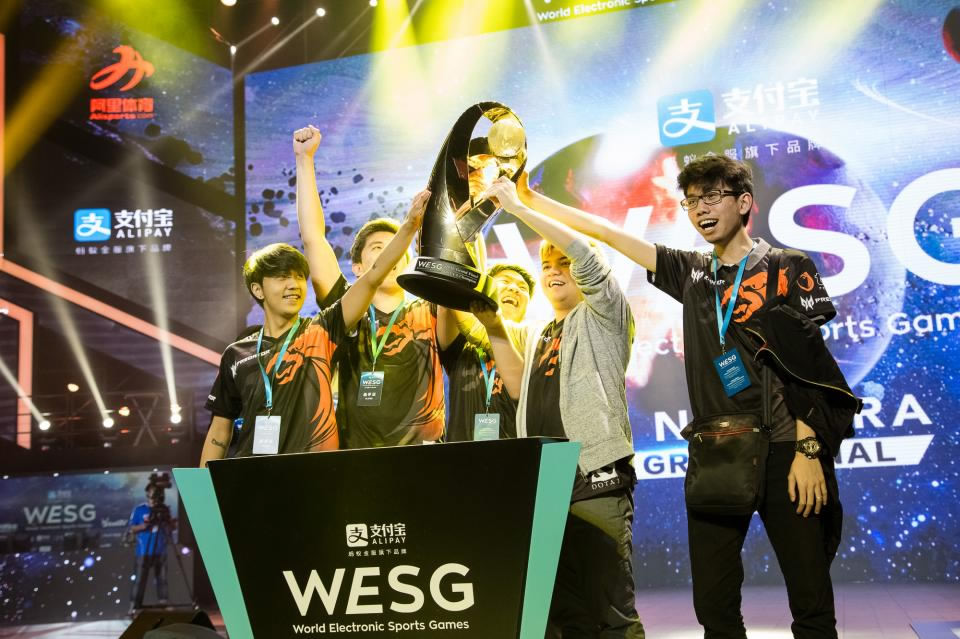
Philippine players hold up their trophy after winning the DOTA2 game at WESG in eastern China's Changzhou on January 15, 2017. /WESG Photo
All matches at the World Electronic Sports Games (WESG) in eastern China's Changzhou have been completed. Professional players from the Philippines won two of the four games, namely DOTA2 and Hearthstone. Champions for CS:GO and Starcraft II were French team EnVyUs and South Korean player TYTY respectively. Total prize money shared by the winners was 3.7 million US dollars.
The event was funded by China's Alipay, the e-payment branch of Alibaba.
Nokia builds Android phone for China
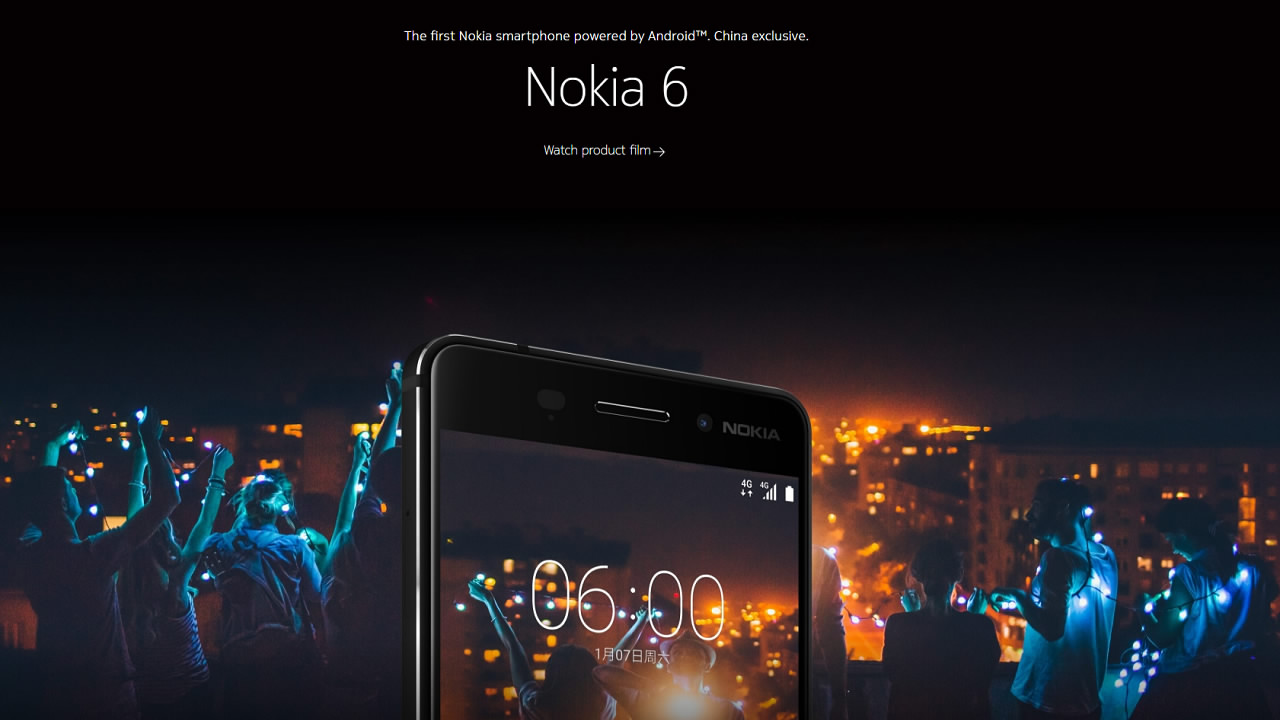
Screenshot of Nokia's web introduction of Nokia 6 on January 9, 2016. /Nokia
Nokia has finally made up its mind to dive into Android smartphones by announcing its latest model, the Nokia 6. But the phone will only be available on China's online shopping website jd.com. The hardware is not very powerful, with a modest Qualcomm Snapdragon 430 SoC as its core. And the price is not as attractive as other brand's models with similar power.
So what is the century-old Finnish company planning for its "year of Android"? HMD, Nokia's authorized phone distributor, posted an announcement on its website on Sunday, saying "more to come in H1 2017." This clearly signified Nokia's ambition to rise again and reclaim its position as a leading global phone maker.
China bans Pokemon GO-like games, for now
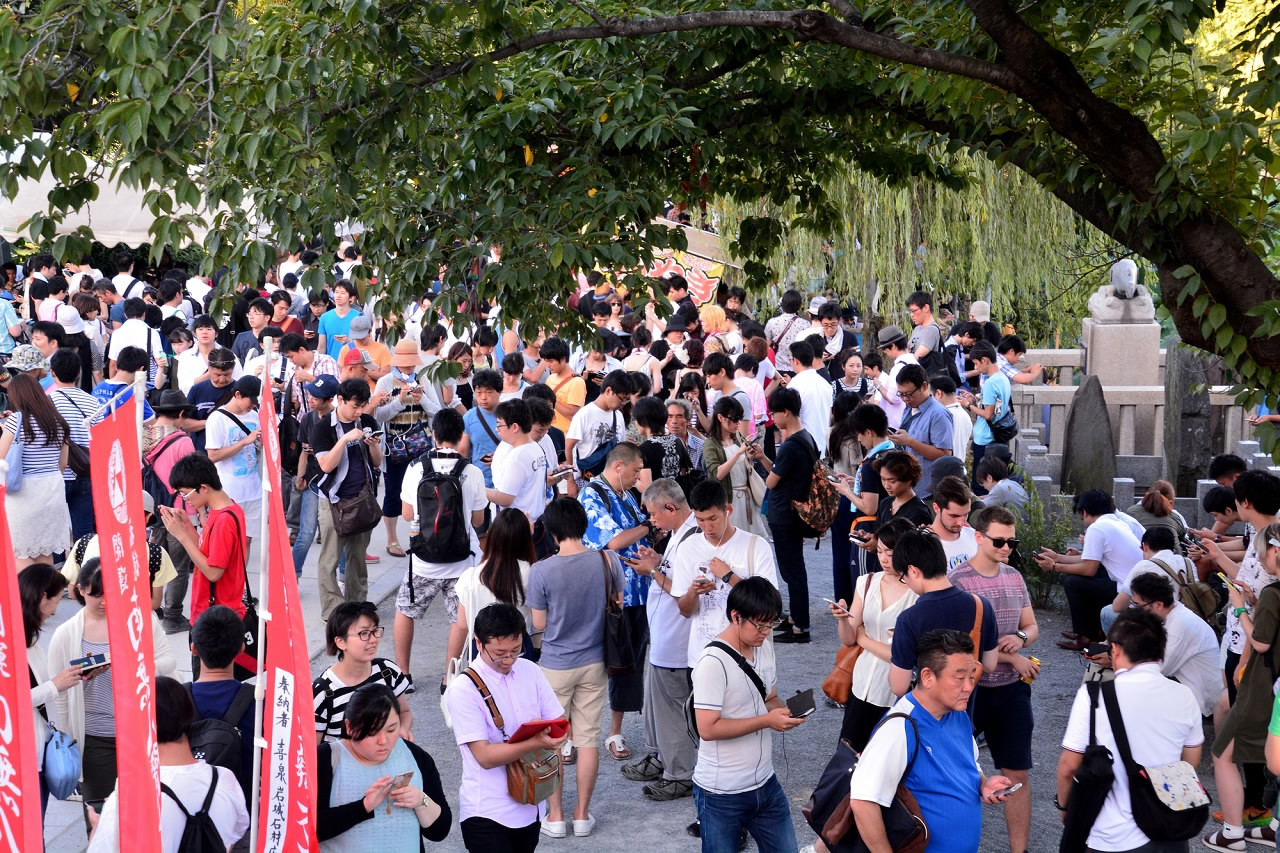
Pokemon GO players seen in a Tokyo park on August 9, 2016. /CFP Photo
Pokemon GO has been a global hot topic for months, but most people in China have never enjoyed the fun of catching'em all. The game was never released in the country, and now it is faced with another problem: concerns about safety and security.
China's mobile gaming supervisor said on Tuesday that it won't allow the game to enter the market for now, as its play-style "may pose a potential social risk." The State Administration of Press, Publication, Radio, Film and Television said the move was due to its "high level of responsibility to national security and the safety of people's lives and property."
JAXA's rocket launch fails after SpaceX success
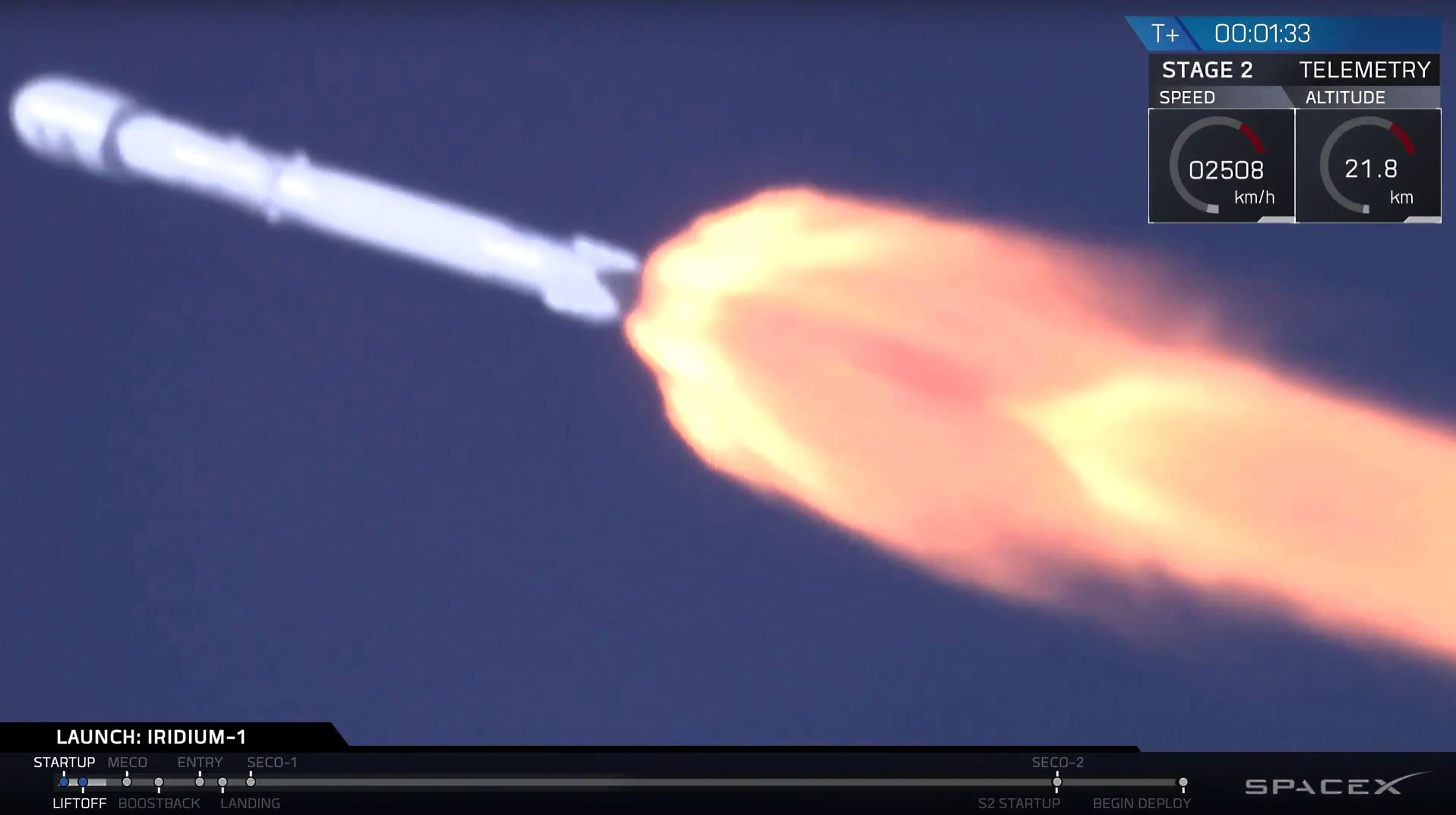
This still image from video obtained from SpaceX shows a Falcon 9 rocket lifting off from Vandenberg Air Force Base, California, on January 14, 2017. /AFP Photo
Saturday's launch of SpaceX's famous reusable rocket Falcon 9 was deemed a success. The company owned privately by billionaire Elon Musk announced that the rocket model has now emerged from its shadow — an explosion in September last year. This time, Falcon 9 managed to carry 10 satellites into Earth's orbit, and landed safely on a drone ship.
But things are not going so well for the Japanese. The Japan Aerospace Exploration Agency on Sunday failed to launch the smallest-ever rocket, which is only 9.5 meters in length. According to the agency, the communication system in the rocket failed to work, thus preventing the second level from being ignited. The rocket then lost power and fell into the sea.
More on Nintendo Switch: Zelda's back
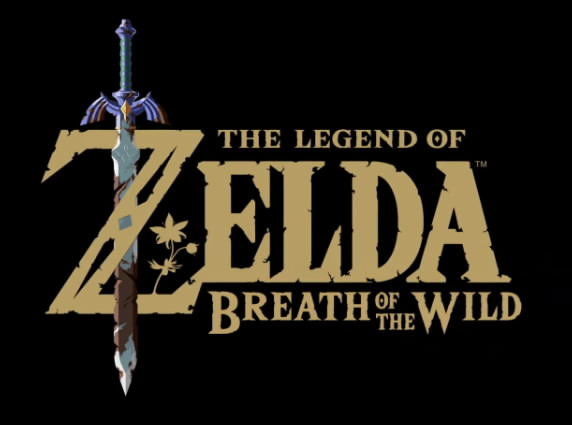
Logo of the latest Zelda, as shown in a video introduction on Switch's website. /Nintendo
Japanese entertainment giant Nintendo revealed more details of its Nintendo Switch gaming console on Friday. Games for this three-in-one device will not be locked to the regions of purchase. And the console will be available to buy on March 3, 2017, with a price of 299 US dollars.
The latest release also introduced a lot of new games coming to the platform, including the long-rumored The Legend of Zelda: Breath of the Wild, which will be sold on the day of Switch's launch.
Another interesting feature covered in this event lies in the console's controllers: more vivid vibration, IR remote sensing and motion sensors to help players enjoy a better gaming experience.









